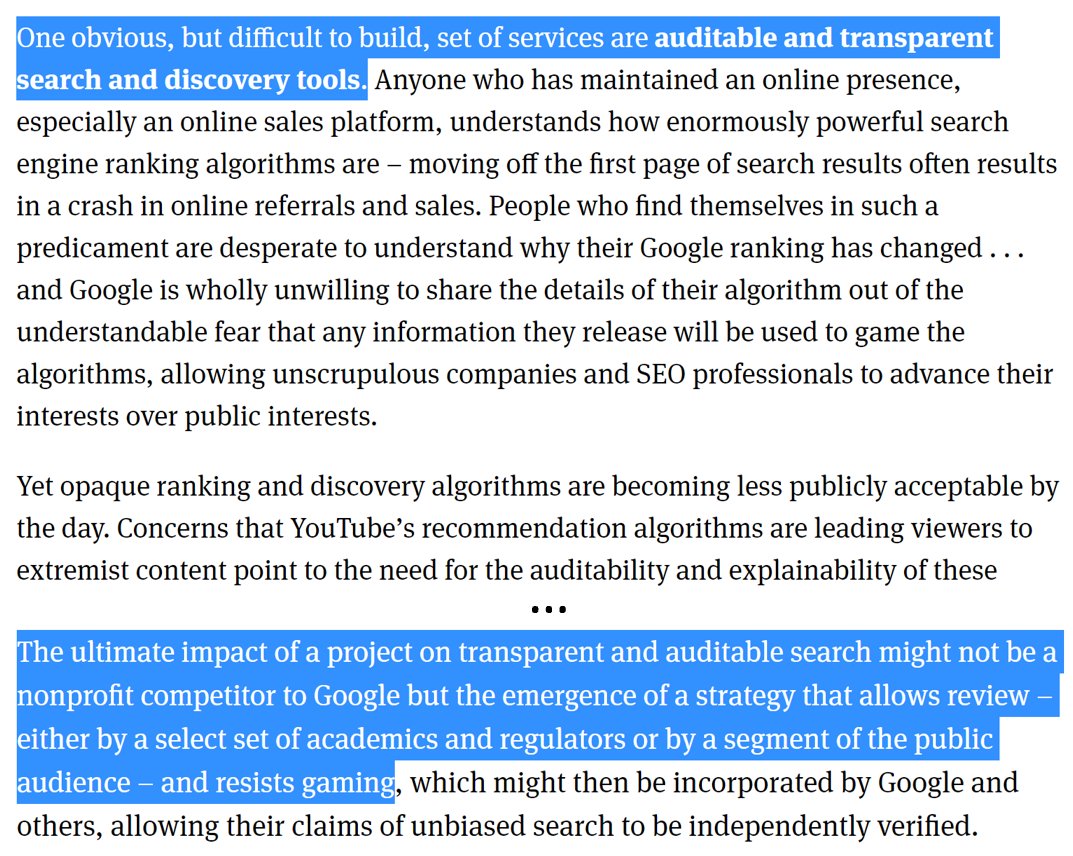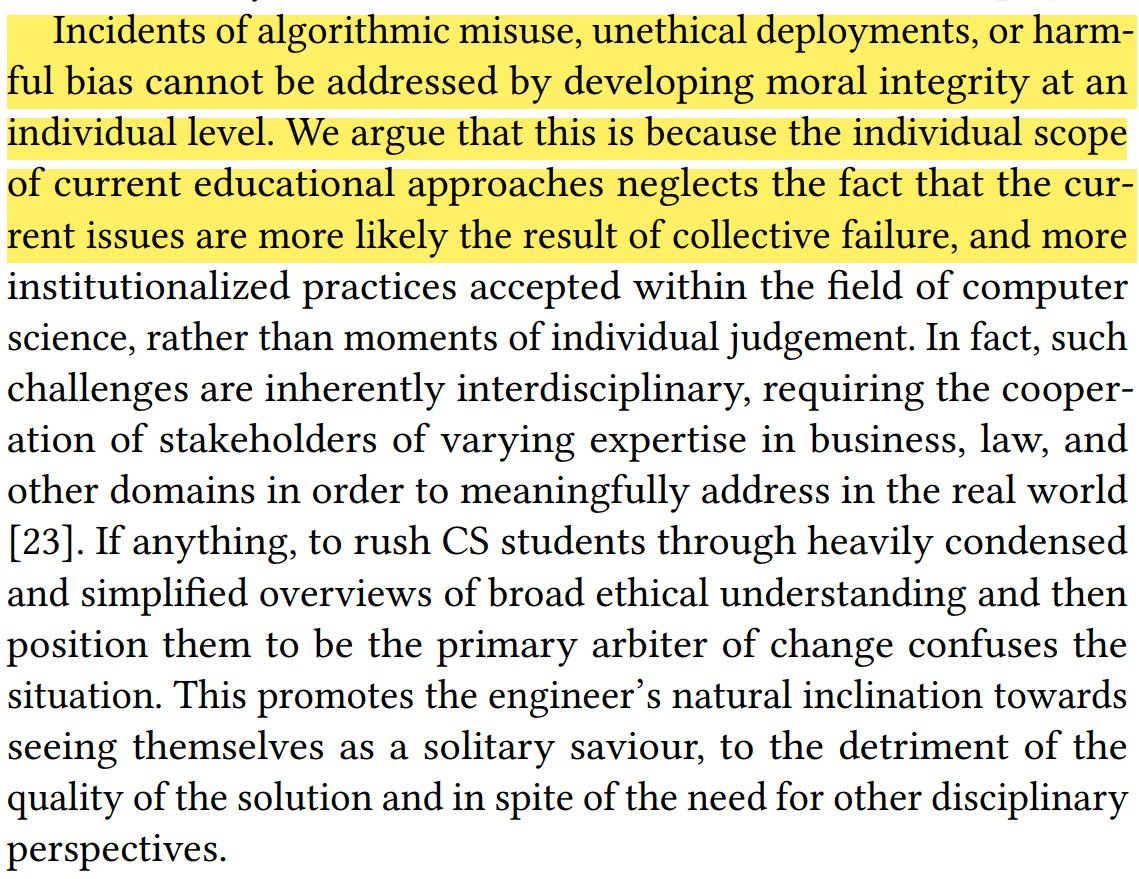
Computerization does not result in the same organization "by different means" but changes what the org does
Automation is often justified in the name of efficiency, yet it can paradoxically lead to inefficiency: policy & admin complexity increase, surveillance accelerates @pwh67
Automation is often justified in the name of efficiency, yet it can paradoxically lead to inefficiency: policy & admin complexity increase, surveillance accelerates @pwh67

A key dynamic arising from digital technology in government is differentiating the population into ever smaller segments, which risks reinforcing social divisions & inequality and disrupting procedural fairness. tandfonline.com/doi/full/10.10… 



In the case of RoboDebt (algorithm that mistakenly overcalculated debt, with no human oversight or appeals), the algorithm was used to covertly redefine basic operations & procedures.
It was not just automation, but a change of government policy & principles. @pwh67
It was not just automation, but a change of government policy & principles. @pwh67

The above quotes are from "Of algorithms, Apps and advice: digital social policy and service delivery" by @pwh67
tandfonline.com/doi/full/10.10…
tandfonline.com/doi/full/10.10…

• • •
Missing some Tweet in this thread? You can try to
force a refresh












